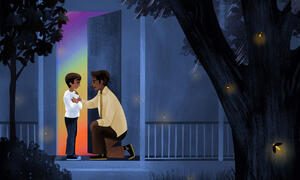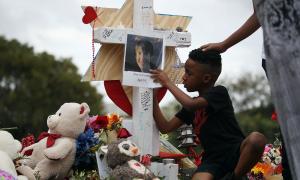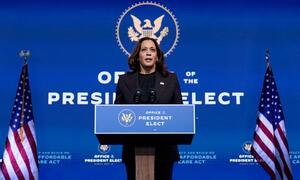article
Improve Your Teaching by Asking for Student Feedback
Teachers can increase student engagement by consulting with small groups of students about their classroom experience. When students see their ideas being put into action, they become more invested in their education.




